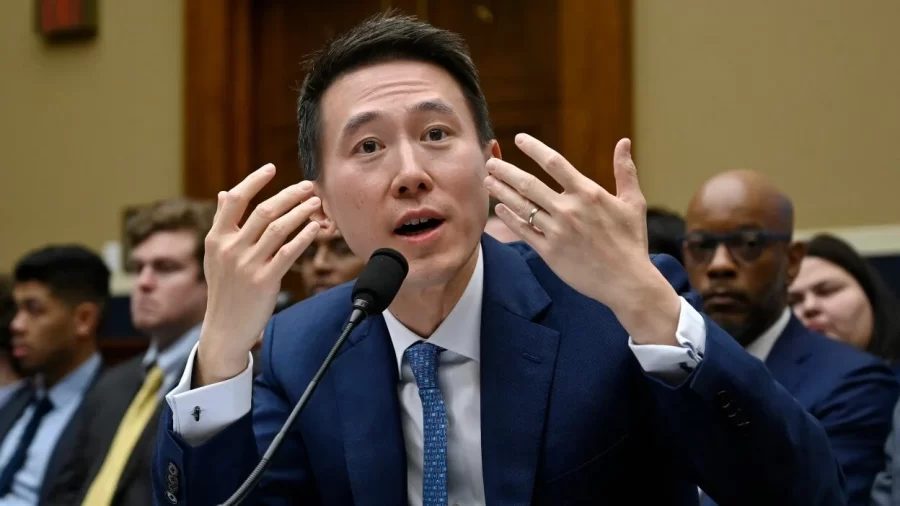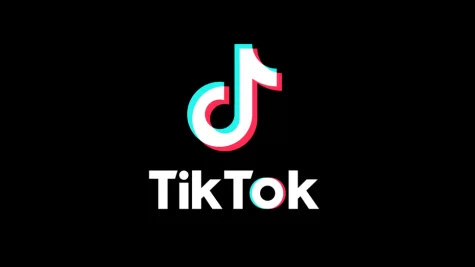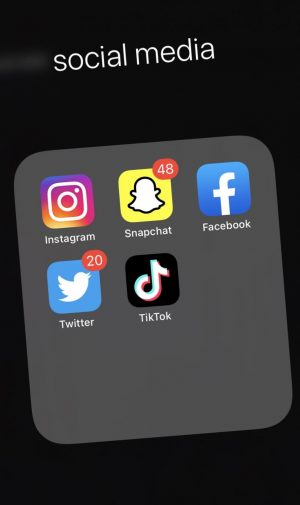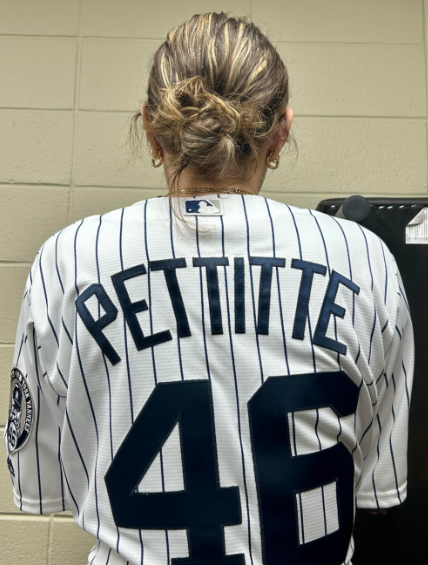TikTok vs. US Congress: The Fierce Battle for Data Privacy and National Security
April 4, 2023
TikTok, an app loved and appreciated by many teens, has been in the headlines lately for all the wrong reasons. The app, owned by Chinese company ByteDance, has been under scrutiny from the US Congress over concerns about data privacy and national security.
So far, US Congress has accused Tik Tok of sharing user data with the Chinese government, leading to fears that the Chinese government could use the data to spy on US citizens. These fears have led to calls for the app to be banned in the US, with some lawmakers arguing that the app poses a threat to national security.
However, Tik Tok CEO Shou Si Chew has denied these allegations, stating that all user data is stored in the US and Singapore, and is not accessible by the Chinese government. The company has also said that it has never shared user data with the Chinese government, and that it would not do so even if asked.
Despite these assurances, TikTok has faced increasing pressure from US lawmakers to prove that it is not a threat to national security. In November 2019, the Committee on Foreign Investment in the United States (CFIUS) launched an investigation into ByteDance’s acquisition of Musical.ly, the app that was later merged with TikTok. The investigation is ongoing, but it has already led to TikTok being fined $5.7 million by the Federal Trade Commission for violating children’s privacy laws.
The app has also faced calls for a ban from some US lawmakers, including Senator Josh Hawley, who introduced a bill in the Senate to ban federal employees from using the app on government-issued devices. Hawley has called TikTok a “major security risk” and has said that it should be banned in the US altogether.
Despite these concerns, TikTok remains incredibly popular in the US, with over 100 million active users. The app has become a cultural phenomenon, with users sharing viral videos of everything from dances to cooking tutorials to political commentary.
TikTok has also become a major player in the world of social media advertising, with many brands using the app to reach younger audiences. The app’s popularity has made it a major target for scrutiny from US lawmakers, who are concerned about the app’s potential to collect sensitive data on US citizens.
The battle between TikTok and US Congress is far from over, and it remains to be seen what will happen to the app in the coming months. However, the issue of data privacy and national security is one that is not going away anytime soon, and TikTok is just the latest battleground in this ongoing fight.
https://mashable.com/article/tiktok-congressional-hearing

















